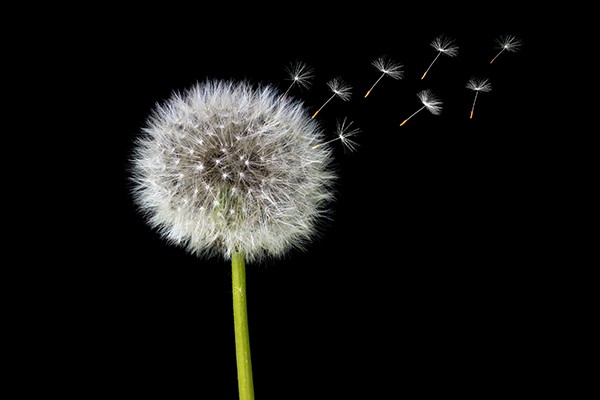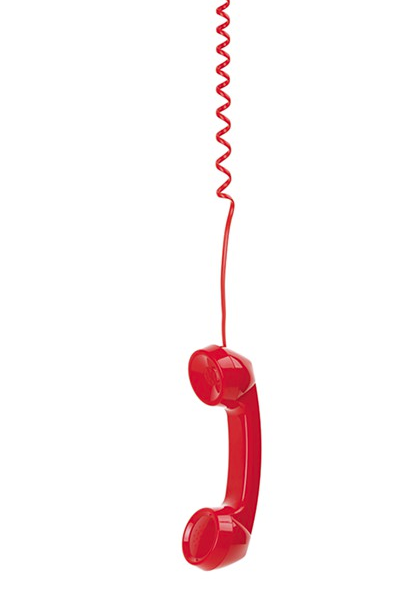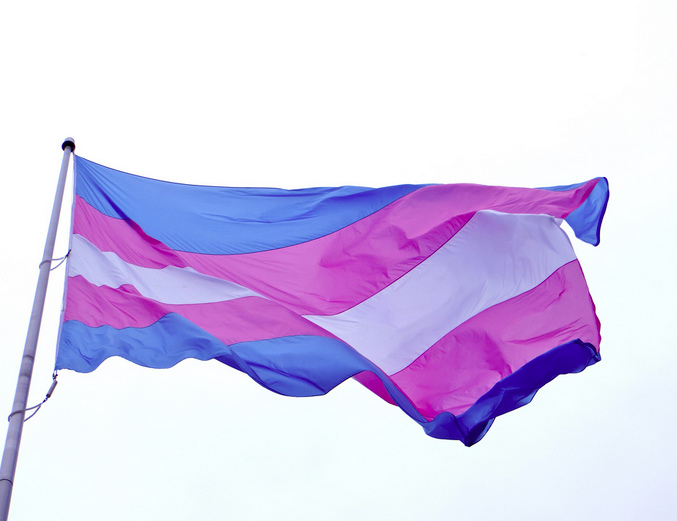I started this year as many do — ready to embark on new goals, embrace new beginnings, welcome a new year with hope. 2020 vision, we all said. What could go wrong?
My birthday is in January. I can’t remember what I did on what must have been an uneventful turn of age in 2020. February, too, is a bit of a blur. What marked the real start of this year — at least where my lasting memory of it will forever be marked — was grief.
A longtime friend overdosed on heroin in early March. She’d struggled with opioid addiction and substance abuse for years. I tried to help her through much of it, offering a place to stay, clothes and food when she’d lost everything (which was every few months), and connecting her to resources that could help with recovery. She had at least two false starts in rehab. After a couple months in the last one, she snuck out and had her final dance with a needle. I remember the moment I read the Facebook message: “I just wanted you to know that Kristin is in ICU in Methodist North from a heroin overdose. Doctor said that she will more than likely not make it.”
 Herbert Goetsch | Unsplash
Herbert Goetsch | Unsplash
Looking with hope toward 2021
The punch in the pit of my gut, the pang in my heart, the panic. I spent the better part of that week at Methodist visiting my friend, who was in a coma, as doctors ran tests to be sure nothing else could be done, to sort out possible organ donation in the likely case that nothing could. Between my visits, the news was abuzz with the novel coronavirus. Cases had spread in Washington and it was beginning to look as though it was going to be a pretty big deal, even here. Face masks weren’t a thing yet, but every time I walked into the hospital, I wondered if I was at risk for COVID. Was someone infected there? Was this all being blown out of proportion? I stopped at sanitizing stations and rubbed my hands down to be safe.
At the end of an emotionally draining week, my friend was taken off life support. Her memorial service was the last large gathering I attended this year. I carried hand sanitizer, avoided hugs with anyone aside from Kristin’s mother, and winced when someone coughed or sneezed nearby. Had they not heard of coronavirus yet? There are too many people in this room, too close together, I thought.
I grieved for Kristin, of course, but not in the way I would have if it wouldn’t have coincided with the emergence of a worldwide pandemic. I’ve grieved for her throughout this year, but with no hugs, no face-to-face conversations with friends who knew and loved her, too. My sadness over her loss was inadvertently overridden by a new punch in the gut, a different type of panic — one I wasn’t familiar with at all. How many people will die? Will I die? How bad is this virus? How far will it spread?
As the next few months unfolded, we all grieved. We grieved for lost jobs, loved ones who succumbed to COVID. We grieved in the absence of friends and family, for the loss of “normalcy,” whatever that might have been. We pined for gatherings, concerts, theater outings, for any thread of hope that this mess would right itself. We longed for conversations, handshakes, workplace camaraderie, a beer at a damn bar. The world turned upside down, and we were given no clear instructions on how to best proceed. There was no united front.
In some ways, I’m relieved that Kristin’s struggle ended just before the world’s battle with COVID began. She’d likely have been on the streets, risking infections of all types, but perhaps especially the virus. She wouldn’t have had a safe haven like some of us have, nor easy access to soap and showers and sinks. There are many others like her — homeless, struggling with addiction or mental illness, isolated in the truest sense.
With all that’s been lost this year, I’m more grateful than ever for what I do have. A roof over my head, a job (though we’ve been working remotely since March and I miss the shit out of my co-workers), a partner who handles my COVID-fueled existential crises in stride, and so much more.
If you’re reading this now, you have survived this year, too. Perhaps we’ve been through the worst of it. At the very least, we can look at these broken pieces and be thankful for what’s left and how far we’ve come — and to look with hope toward 2021.
Shara Clark is managing editor of the Flyer.
 Dreamstime
Dreamstime 